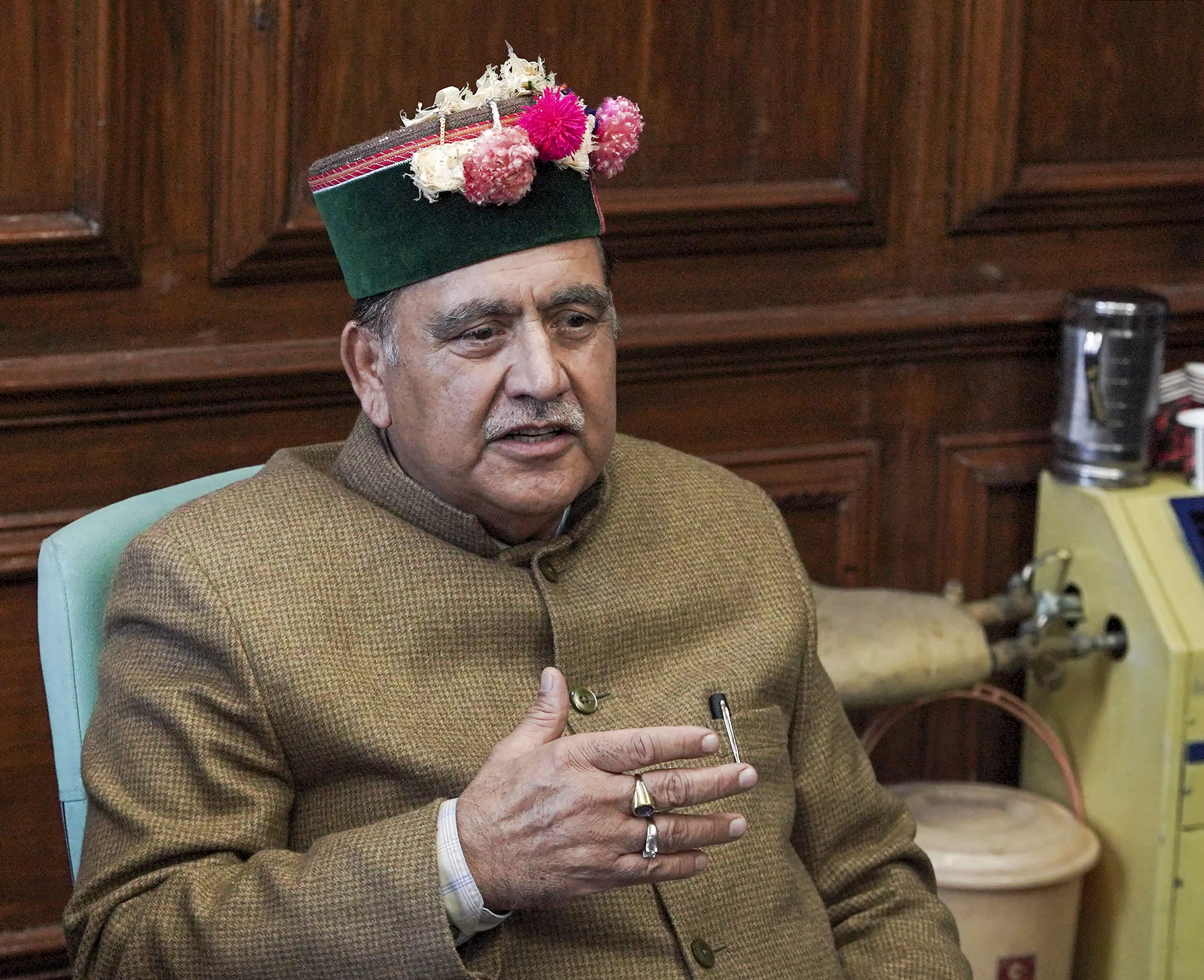DC Edit | Congress needs to heed signals from the ground

It appears that the Congress central leadership has managed to sort out, for the time being, the festering wounds in its Himachal Pradesh unit that cost the party a seat in the Rajya Sabha and also brought its only government in north India to the brink. The whole episode has once again exposed how the grand old party of Indian politics is yet to learn from long experience and rewire itself to engage with political realities that have undergone a tectonic shift in the last 10 years.
The party’s firefighting team, led by Karnataka deputy chief minister D.K. Shivakumar, has now publicly acknowledged that there were shortcomings on the part of Himachal Pradesh chief minister Sukhvinder Singh Sukhu and that there will be a panel of six names to liaise between the government and the legislative wing of the party. This is not a new phenomenon — such machinery, either official or non-official, is in presence in several states where there are differences between the party and the government.
The leadership got some breathing space when rebel leader Vikramaditya Singh, who quit as a member of the state Cabinet, showed signs of a thaw and said that he will not press ahead with his resignation. The fate of the ministry is secure for the time being with the suspension of the six Congress MLAs who cross-voted in the Rajya Sabha election.
That the Congress high command waited for the discontent to blow out in the public to rush with solutions reflects its total disconnect with the ground reality. Rebellious leaders had been sending out messages to the party high command for quite some time. The latter not only chose to ignore them, but was so insensitive to the local leadership that it sent in a candidate from outside the state to represent it in Rajya Sabha.
The Congress has for quite some time now ceased to be a democratic organisation. The party that led the Indian independence movement was an entity where people with sharp differences of opinion felt at home. The post-Independence era carried that legacy for a couple of decades but since Indira Gandhi emerged as the sole power centre in the party such practices ended forever. The following decades have seen little change.
Indian politics took a 180-degree turn in the meantime. The country’s liberal secular democratic polity, warts and all, transformed itself, arguably shedding such values to a large extent. Democratic institutions have been continuously attacked and weakened. The present ruling coalition also has no love lost for the traditions the Congress once stood for.
It’s time the Congress Party recognises the value of being in power and acts as a responsible custodian of the people’s mandate. It must be able to decipher the signals its political opponents send but also realise that unilateral decisions and communications do not work any longer.
